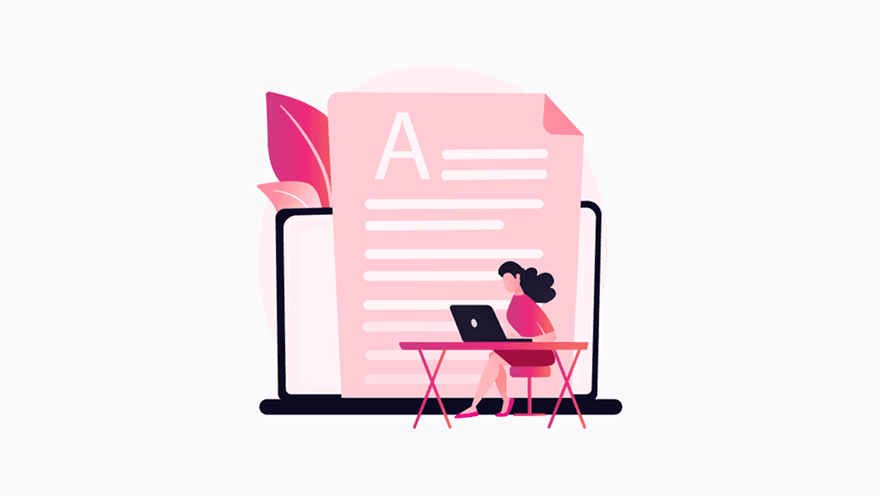Psychologists study the human mind and behavior. There are different types of psychology jobs. A graduation degree in psychology will help you get started. But you will need to complete your masters to get a specialized job. For example, a clinical counsellor who treats patients with mental illness in hospitals has a master's degree in clinical psychology.
One should never confuse a Psychologist with a Psychiatrist. They are very different. A psychologist only uses talk therapy to treat his/her patients. A Psychiatrist is a medical doctor who can prescribe medicines to his/her patients. To help you understand Psychology on a deeper level, we have started an online psychology course called, Introduction to Psychology. It is a thorough beginner's guide to help those interested in a career in psychology.
But, what are the qualities of a good psychologist? What is the life of a psychologist like? What are the challenges they face? We caught up with Eshita Mandal, a leading psychologist from Mumbai to give you more clarity. As a Psychologist, Eshita Mandal takes pride in being able to make a difference in people's lives by helping them overcome emotional and mental problems.
In this exclusive interview, she gives us a glimpse of the most common issues of modern India and much more.
How would you define a successful Psychologist?
A successful Psychologist is one who has a lot of patience and understanding of people. He/She should be able to actively listen to their client without making any kind of judgments. The field of psychology involves working with people; hence having good people skills is important.
What made you pick psychology as a career?
During my time, we did not have any career guidance. The various subjects in the stream of Humanities that I studied in my junior college gave me some insight into my interests. Being a people-oriented person, I understood the theories and principles of psychology. Hence I chose to pursue psychology as a profession.
What are the biggest challenges you face as a Psychologist?
Challenges are of various types. In our country, everyone thinks they are counsellors just by doing a crash course or some distance course. Many times they believe that advising is counselling. As a result, a qualified professional Psychologist does not get his due and recognition.
Over the past few decades, the openness to meet Psychologist for counselling has increased, but there's still some discomfort in openly admitting to it.
How do you not let your client's emotional state affect you?
In my years of practice, I have learnt the art of leaving my client's stories to the clinic itself. I do not carry them with me outside.
What are the most common problems you have to treat?
I often deal with relationship issues, children's behavioral issues and matters concerning the LGBTQ community.
What is the best thing about your job?
The best thing about my work is that in some way I am able to reach out to people and make a difference in their life through my counselling sessions. The trust, cooperation and confidence that my client's place in me is very gratifying.
How do you de-stress?
Finding some Me-time and spending time with family and friends gives me a sense of satisfaction and pleasure.
What advice will you offer our readers about mental health?
Just as we care about our physical fitness, it's important to treat our emotional traumas and fractures. Do not wait for the problem to settle down or push it under the carpet. It's always wise to seek professional help in addressing such issues. The earlier you address, the faster you'll bounce back.
If you could choose all over again, would you choose the same professional path?
In this life, Yes.
What would your advice young girls who aspire to become a Psychologist?
Go ahead if you have identified that you have the skills and qualities of being a Psychologist. Don't choose the profession because you think its fun to read people's mind or because you like talking to people. It is much more than just talking!

